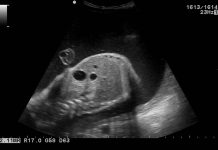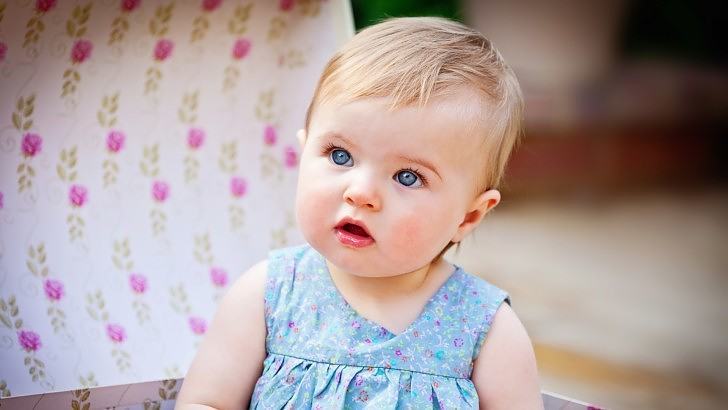In the recent past, bottle feeding has been one of the areas of concern for parents. While some parents think that bottle feeding is just as fine as breastfeeding and that it gives a lot of freedom and time to the mother. With bottle around, it is easy even for daddy to feed the baby. Apart from these, with bottle feeding parents feel a sense of control in terms of what is going into the bottle and they don’t have to worry about what the mother eats and medicates which can in turn influence the baby, when breastfed. With these advantages, bottle feeding seems to be a great alternative for working mothers.
But, if we look at the disadvantages of bottle feeding, we might have to think again. One of the biggest disadvantages of bottle feeding is the formula that is bought. Baby food companies charge a high price for formula milk. It takes a lot of time and effort for preparing the formula, heating it up, sterilizing the bottle, letting it to cool down and finally feeding it to the baby. This procedure itself can take a lot of time. An experienced mother or caretaker can easily take about half an hour to prepare the formula milk. Cleaning, sterilizing and maintaining bottles and nipples are also essential.

As your baby grows and you start introducing baby food, you need to be very careful while introducing fruit juices. Particularly, fruit juices, not fruits can pose an issue in babies. There is a tendency that even fruit juices are given to the baby in bottles. This is not a good idea because for a 6 or 7 month old baby, development of teeth begin and by having fruit juices or milk in bottles can cause issues such as early tooth decay.
- Introducing fruit juices, instead of fruits can give sweet tooth to your baby. Fruit juice tends to be sweeter than the actual fruit, even without adding extra sugar. So, try to avoid giving fruit juices to your baby. Giving fruit juice to your baby can not only lead to sweet tooth, but it can also lead to tooth decay and disturbed appetite. Your baby will not accept regular food because it will taste bland and will only prefer sweeter foods like fruit juices.
- Tooth decay occurs in babies more often when they are bottle fed because the bacteria harboring in the baby’s mouth will feed off on the leftovers of the juice or milk. These leftover juice and milk are essentially sugars and the oral bacteria convert these sugars into acids and the result is tooth decay. Babies who are at high risk of tooth decay are those who are bottle fed frequently and also are those babies who are given pacifiers. Sometimes, to let the baby cling on to the pacifier, they are dipped or coated in sugar syrup. This is also a high risk factor.
- Some parents think that baby teeth are temporary and tooth decay is not such a problem. Problems like tooth decay in babies can result in dental pain, improper eating habits, speech problems, etc. Baby teeth also hold the place for adult teeth. Untreated baby teeth can result in infections which can spread across other teeth. And result in prolonged problems to adult teeth as well. Infections in baby teeth are also responsible for misaligned teeth as well.
- Another risk factor for bottle fed babies is ear infections. Some parents have a habit of sticking bottle in the mouth when the baby is lying down. This habit can increase the risk of not only tooth decay, but also ear infections. As the baby is lying down, there are high chances of the milk or juice leaking from the side of the mouth and into the ear. This is known to cause ear infections in babies. Here, a similar action to tooth decay is known to take place. The sugars from the leaked juice or milk will attract the bacteria and they increase in numbers. Increase in the number of bacteria can result in ear infections.
As your baby grows to be a toddler, chances are that he or she will like sugar candies, chocolates and sweetened soft drinks. Even these foods increase the risk of tooth decay in toddlers. Avoid giving these and other sweet foods to your baby as much as possible.












